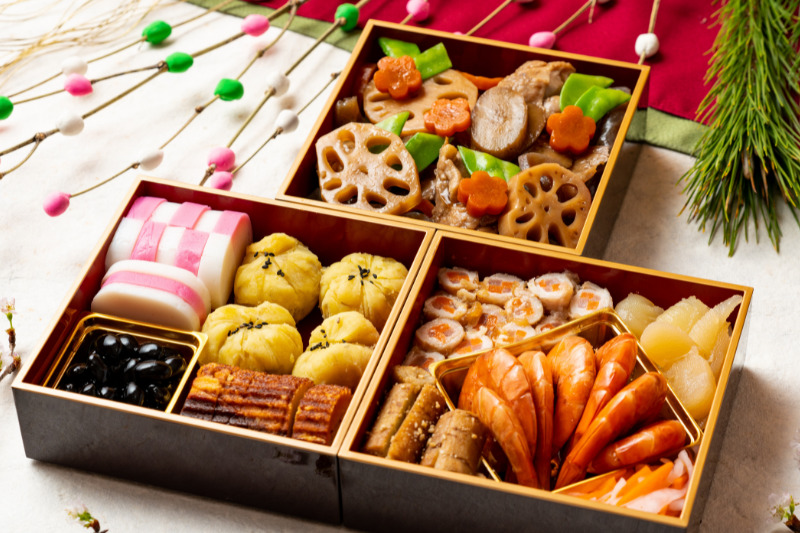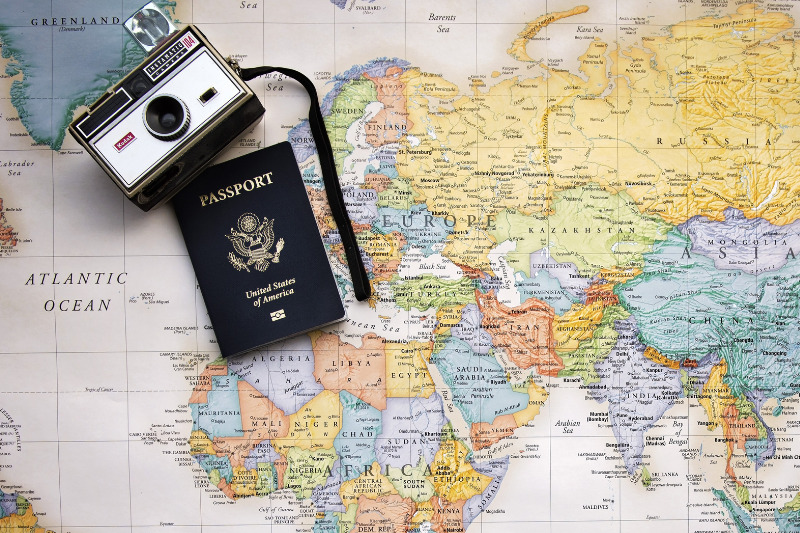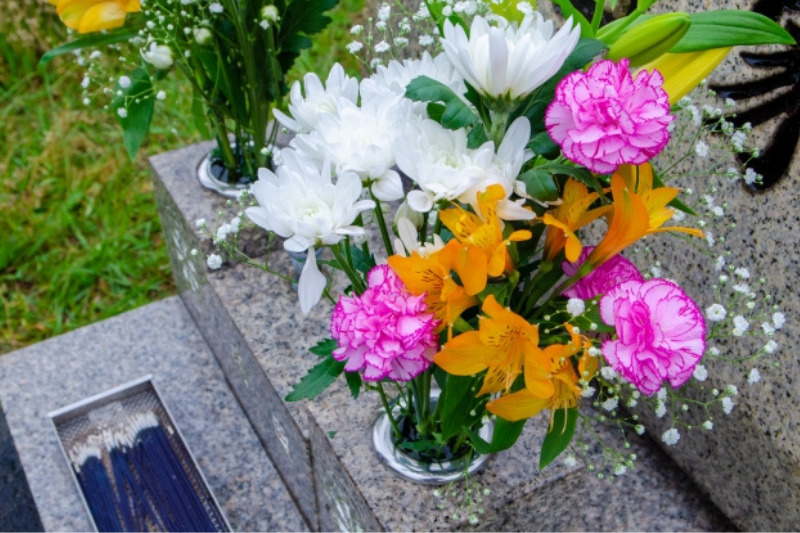You might think that Japanese people are workaholics and hesitant to take vacations. However, this is not the case. Contrary to expectations, on average, Japanese people take 120 days of vacation per year.
Japanese holidays
- There are 16 national holidays
- There are 4 consecutive holidays in a year
Contents
Japanese National Holidays
Actually Japan has more national holidays than other countries. Currently, there are 16 national holidays.
The official calendar of national holidays is subject to change by the government; in 2021, some holidays were changed to other days to accommodate the Tokyo Olympics.
These are national holidays in 2021.
| January 1 | New Year’s Day | 元日 ganjitsu |
| January 2nd Monday | Coming-of-Age Day | 成人式 seijin shiki |
| February 11 | National Foundation Day | 建国記念の日 kenkokukinen no hi |
| February 23 | The Emperor’s Birthday | 天皇誕生日 tennoo tanjoubi |
| March 20 | Vernal Equinox Day | 春分の日 shunbun no hi |
| April 29 | Showa Day | 昭和の日 Showa no hi |
| May 3 | Constitution Memorial Day | 憲法記念日 kenpo kinen bi |
| May 4 | Greenery Day | みどりの日 midori no hi |
| May 5 | Children’s Day | 子どもの日 kodomo no hi |
| July 22 | Marine Day (Originally July 3rd Monday) | 海の日 uni no hi |
| July 23 | Sports Day (Originally October 2nd Monday) | スポーツの日 supootsu no hi |
| August 8 | Mountain Day (Originally August 11) | 山の日 yama no hi |
| September 3rd Monday | Respect for the Aged Day | 敬老の日 keiroo no hi |
| September 23 | Autumnal Equinox Day | 秋分の日 shuubun no hi |
| November 3 | Culture Day | 文化の日 bunka no hi |
| November 23 | Labor Thanksgiving Day | 勤労感謝の日 kinroo kansha no hi |
consecutive holidays 連休
Japan has four consecutive holidays called renkyu 連休 in a year:
Japanese consecutive holidays
- Year End and New Year holidays 年末年始 nenmatsu nenshi
- Golden Week ゴールデンウィーク gooruden uiiku
- Obon お盆 obon
- Silver Week シルバーウィーク sirubaa uiiku
Year End and New Year holidays 年末年始

Traditionally, the year-end and New Year vacations are the biggest vacation season in Japan.
This holiday is called nenmatsu nenshi 年末年始, literally meaning the year end and the beginning of the new year.
From the end of the year to the beginning of the new year (usually from December 29th to January 3rd), most companies are closed.
During this time, people get together with their families or enjoy traveling with friends.
Golden Week ゴールデンウィーク

From the last week of April to the first week of May, there are multiple national holidays such as Showa day and Children’s day plus Saturdays and Sundays.
This period is called Golden Week.
As a result, most companies are closed during these two weeks and people can enjoy the long holidays.
Businesses and schools in Japan start in April, so Golden Week gives people a break after the busy month of April.
Obon お盆

Traditionally August 13 to 15 are called Obon.
Obon is originally a Buddhist festival to welcome the souls of our ancestors.
During this time most companies are closed and people get together with their family and visit ancestors’ graves to pray for their ancestors.
Obon is also a summer vacation for workers so some of them take advantage of this vacation to enjoy activities such as traveling abroad.
Silver Week シルバーウィーク

In contrast to the Golden Week holidays in April and May, the consecutive holidays in November are called Silver Week.
November has two national holidays: Culture Day and Labor Thanksgiving Day.
During the Silver Week holidays in November, the weather is nice and the temperature is not so cold, so people enjoy outdoor activities.
And more…
People in service industries are working regardless of national holidays and consecutive holidays.
I really appreciate their hard work.
There are no national holidays in June. For this reason, June is considered to be the hardest month.
You can book Japanese lessons here if you want to learn more about Japan

